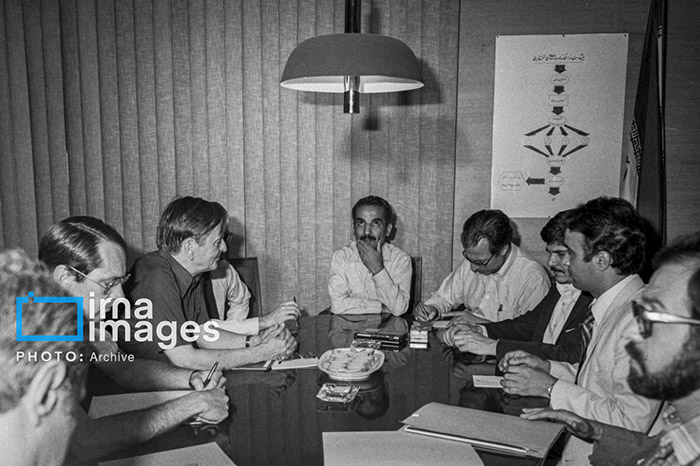The Aftermath: The Interim Government of Mohammad-Reza Mahdavi Kani
In the immediate aftermath of the assassination, an interim government was quickly established under the leadership of Mohammad-Reza Mahdavi Kani, a senior cleric and member of the IRP. Mahdavi Kani was appointed as the interim prime minister and tasked with stabilizing the government and overseeing the transition to a new administration. His government, which took over on September 2, 1981 (11th of Shahrivar 1360), focused on maintaining order and continuity in the face of the crisis.
The interim government of Mahdavi Kani played a crucial role in managing the country during this period of uncertainty. It continued the policies of the previous government, particularly in relation to the Iran-Iraq War, and worked to root out opposition elements within the country. Despite the challenges, Mahdavi Kani’s government was able to maintain stability and prepare the ground for the establishment of the third government of the Islamic Republic.
The Formation of the Third Government
The third government of the Islamic Republic was formed on November 7, 1981 (16th of Aban 1360), following the election of Ayatollah Ali Khamenei as the new president. Khamenei, who had previously served as the Minister of Defense and had been a close ally of Ayatollah Khomeini, was elected with the support of the IRP and the clerical establishment. His election marked a continuation of the conservative and clerical dominance within the government, ensuring that the Islamic Republic’s ideological direction would remain unchanged.
Khamenei appointed Mir-Hossein Mousavi as his prime minister, and together they formed a government that continued to emphasize the principles of the Islamic Revolution. The third government inherited the challenges of the ongoing war with Iraq and the need to rebuild trust and stability following the assassinations of Rajaei and Bahonar. However, it also benefited from the consolidation of power within the IRP and the broader acceptance of the clerical leadership’s role in governing the country.

